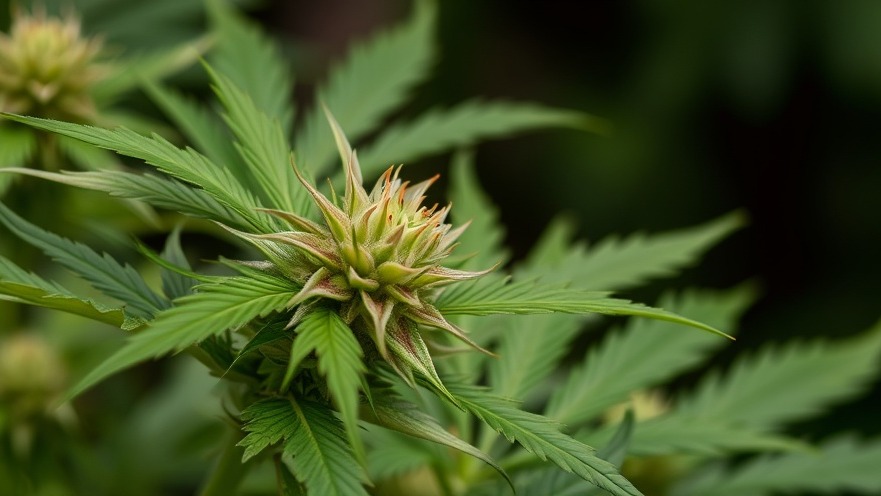
Texas Takes Bold Step in Regulating THC Products
In a pivotal move for the state, Texas Governor Greg Abbott is poised to issue an executive order that will reshape the landscape of THC product sales across Texas. This follows the conclusion of the Texas Legislature's second special session, during which lawmakers failed to reach a consensus on strict regulations for THC products. As cannabis use becomes more common, the governor's initiative highlights the growing need for structured oversight in an evolving market.
Setting the Age Limit: What Does It Mean?
One of the key elements of Abbott's upcoming order is the establishment of a minimum age of 21 for purchasing THC products. This move brings Texas in line with many other states that have adopted similar age restrictions on substances such as alcohol and tobacco. Advocates argue that this measure is essential for protecting younger populations from potential harm, while some critics contend it might hinder responsible adult access to these products.
A Potential Framework for Sale and Distribution
Sources close to the governor have indicated that the executive order will direct the Department of State Health Services to create comprehensive rules that govern THC sales. Among the proposed regulations are strict identification checks, distance requirements from schools, detailed labeling instructions, and mandatory testing of products for THC content. These guidelines mirror those implemented by the Texas Alcoholic Beverage Commission, suggesting a serious approach to the management of THC.
Impact on Retailers: Shifting the Landscape
Currently, THC products can be sold alongside beer and wine in supermarkets and convenience stores. However, Abbott's framework could drastically change this by potentially barring these establishments from selling THC. This regulatory approach may favor dedicated liquor stores, especially as alcohol sales face a national decline. The implications for retailers could be significant, raising questions about market access and consumer choice.
Counterarguments: The Other Side of Regulation
While many support the regulation of THC, there’s a growing discourse around the implications of such restrictions. Some consumers argue that prohibiting THC sales in supermarkets limits competition and consumer convenience. The challenge will be balancing safety concerns with the rights of adults to access these products freely. How the state navigates this contentious landscape could define Texas's approach to substance policy for years to come.
Looking Ahead: Future Trends in THC Legislation
The upcoming executive order signifies not only a response to the immediate need for regulation but also sets the stage for discussions on the future of cannabis legislation in Texas. As societal attitudes continue to evolve regarding cannabis use, it’s likely that lawmakers will need to reassess these regulations periodically. The outcomes of Abbott’s decision may encourage broader legislative action, potentially even paving the way for future discussions on legalization.
Why Texans Should Pay Attention
The implications of Abbott's executive order extend far beyond the immediate regulatory framework for THC. They signal a broader trend in how Texas is addressing public health and safety concerns, especially regarding substances once viewed solely through a criminal lens. For Texans, understanding these developments will be vital, as they could affect everything from health policies to economic opportunities associated with emerging markets.
Engagement with this topic is crucial for informed citizenship. Understanding the complexities of THC regulation allows Texans to participate actively in discussions that shape the regulatory landscape of their state. As changes are implemented, being aware of the implications on both personal rights and public health can encourage thoughtful dialogue among community members.
 Add Element
Add Element  Add Row
Add Row 



Write A Comment